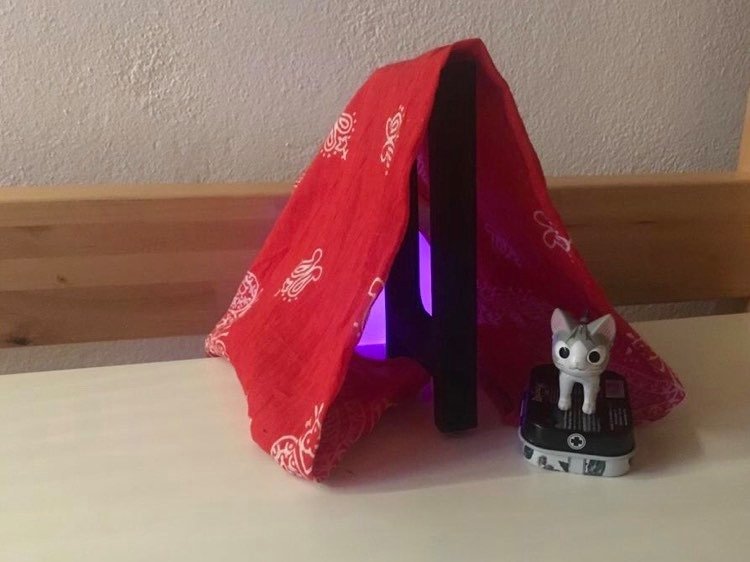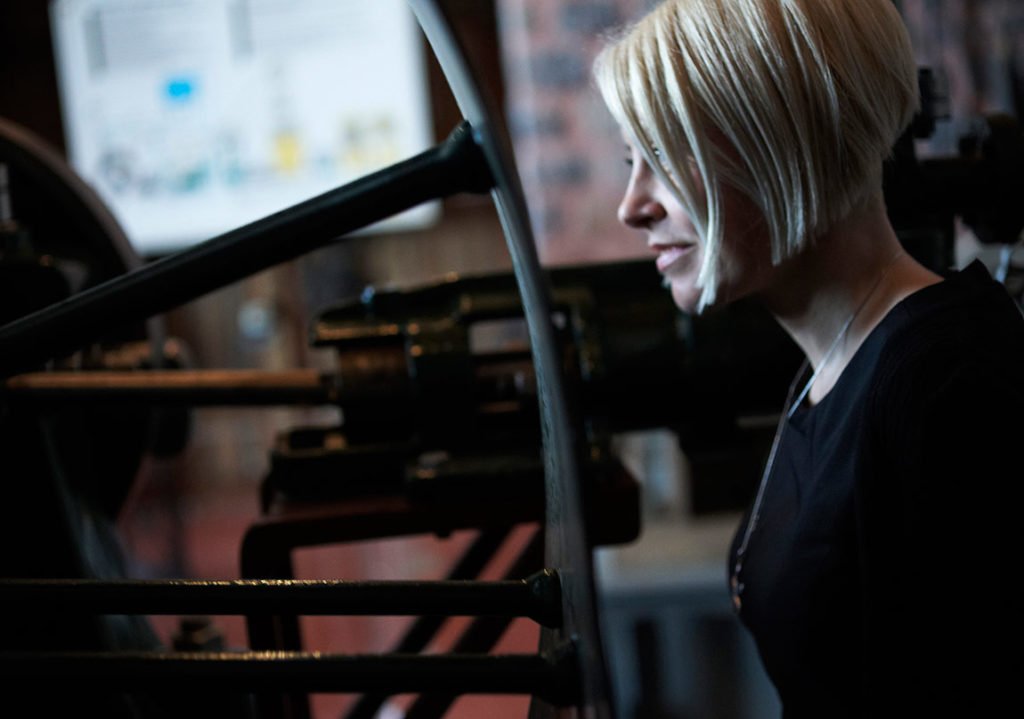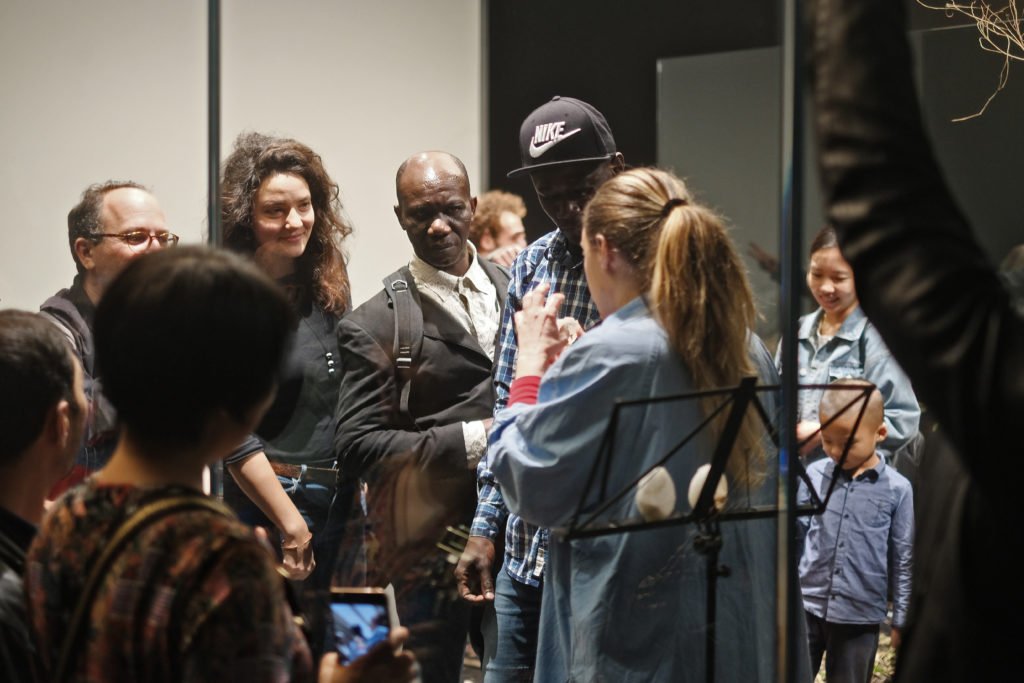
Talk with Başak Şenova – an art curator, writer and designer from Istanbul, Turkey. She lives and works in Vienna since 2017.

She studied Literature and Graphic Design (MFA in Graphic Design and Ph.D. in Art, Design and Architecture at Bilkent University) and attended the 7th Curatorial Training Programme of Stichting De Appel, Amsterdam. As an assistant professor, she lectured in various universities in Turkey and in 2017 she was the resident fellow at the University of the Arts, Helsinki in co-operation with HIAP and Associate Professorship by the Higher Education Council of Turkey. Curently, she is a Visiting Professor at the University of Applied Arts, Vienna (Universität für Angewandte Kunst Wien) and also teaches a seminar course “Case Studies” for Master students at the Academy of Fine Arts Vienna (Akademie der bildenden Künste Wien).
Senova was the curator of the Pavilion of Turkey at the 53rd Venice Biennale. She co-curated the UNCOVERED (Cyprus, 2011-2013); the 2ndand 5th Biennial of Contemporary Art, D-0 ARK Underground (Bosnia and Herzegovina, 2013 and 2019). She acted as the Art Gallery Chair of (ACM) SIGGRAPH 2014 (Vancouver) the curator of the Helsinki Photography Biennial 2014 and the Jerusalem Show VII: Fractures (2014). In 2015, she curated the Pavilion of Republic of Macedonia at the 56th Venice Biennale, in 2016, Lines of Passage (in medias res) Exhibition in Lesvos and in 2019 the inaugural exhibition of B7L9, Climbing through the Tide in Tunis.
What was the last project you were working on that got disturbed by the Coronavirus?
I have been working on multiple projects and all of them have been effected by the crisis.
First of all, I was about to send the final design of the CrossSections book to the printing house and we would be having a book launch at Pera Museum in Istanbul on 27th of March, but it was postponed. Over the course of three years (2017–2019) and with the participation of 19 artists and 9 institutions, diverse scholars and cultural workers, the CrossSections project was shaped by cumulative interdisciplinary input through various meetings, residencies, workshops, performances, and talks, as well as exhibitions held in three cities: Vienna, Helsinki, and Stockholm. The book is the end result of the project.
Secondly, the pilot phase of the Octopus Programme, a guided research-based educational programme had to be re-shaped. The first chapter of the programme was designed as a one-semester course “Spectral Encounters” that takes place both at the University of Applied Arts (the Angewandte) in Vienna and B7L9, Kamel Lazaar Foundation in Tunis. All the travel arrangements and residency dates were changed and accordingly, we extended the pilot phase to 2 semesters, but as a chain reaction, this change also moves the dates of the main phase as we would be having an extensive meeting with 20 participants from 10 countries at Villa Romana in Florence in November 2020.
The third one was an exhibition in Mytilini, Lesvos that I was planned to open in May and it was totally cancelled. Finally, it effected 2 other courses that I have been giving. It means changes with the syllabi and the structure of them.
How are you managing your work now?
I work even more with longer hours, yet I am happy to be at home with my daughter as I love being with her.
What do you hope the situation to be „when it is over”?
Even though I am frustrated with the fact that all of my small-scale projects are mostly cancelled this year as it equals to financial insecurity for me, I feel lucky to be safe and sound at home. I am very much worried about my friends and beloved ones in Turkey, in the States, in Italy and elsewhere. I am hoping that the spread of the virus would be controlled and stopped soon. But I am also hoping that the situation would lead to genuine solidarity movements around the globe.
Concerning world in general or just the art world – is there any read, movie or an artwork that you’d like to share that seem important for you now?
I sincerely do not want to share anything about the crisis or the virus, yet, Egle Oddo’s recent research and works under the framework of “The World in Common” project. Oddo makes new associations between extremophile plants (which present resilience to all kind of extreme conditions) and some substantial cultural, economic, medical and anthropological aspects.

Egle Oddo solo exhibition The World in Common, Atelier #1 at MACRO Museum of Contemporary Art in Rome, curated by Basak Senova. Ph. Antti Ahonen 2019. 
Egle Oddo solo exhibition The World in Common, Atelier #1 at MACRO Museum of Contemporary Art in Rome, curated by Basak Senova. Ph. Antti Ahonen 2019.